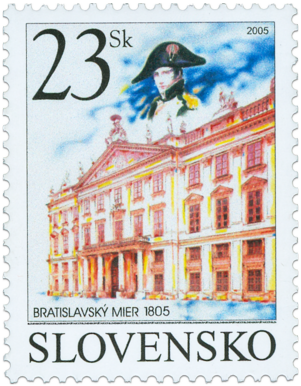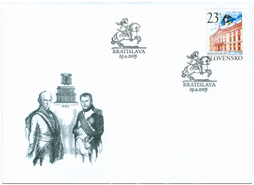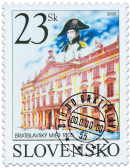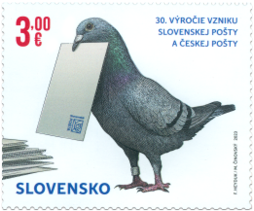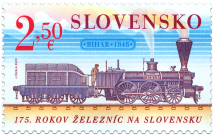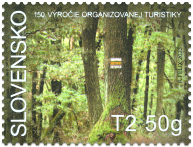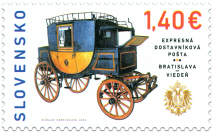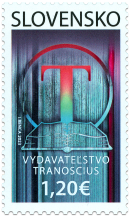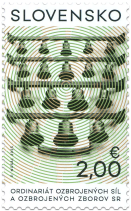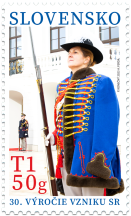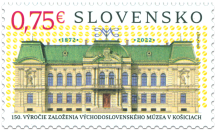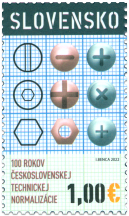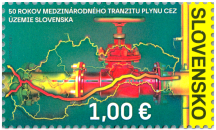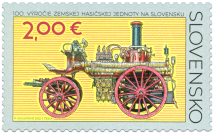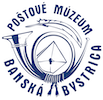This product is not for sale
This product is part of the following products
354 Date of issue
29.04.2005 Face value
23.00 Sk
© Slovak post, 2005 The victory in the Battle at Ulm on 17 October 1805 opened up the path for Napoleon into Central Europe. Specifically to the emperor's Vienna, which Napoleon seized during the night of the 13th and 14th November. Napoleon's further progress towards the East was to be stopped by a battle in Moravia, near Slavkov (Austerlitz). In the same place on 2nd December 1805, Napoleon's army won over the allied armies of the last Holy Roman-German Emperor and at the same time the first Austrian Emperor Frantisek and the Russian Tsar Alexander. This was the second defeat of Emperor Francis II, who was also the Czech and Hungarian King. Although Hungary strived to remain independent in the wars against Napoleon, the defeat at Slavkov had catastrophic consequences for this kingdom, in particular for its former capital and coronation town of Pressburg (today Bratislava). Napoleon could now dictate his will to Europe without any limitations and maximised the opportunity to do so. Via his representatives and negotiators he set humiliating conditions for the Emperor Francis in the Peace Treaty. Under the terms of the Treaty, the political map of the then Europe should have changed completely. The negotiations took less than a month. The final wording was signed by the representatives of both Emperors, Prince Charles Maurice Talleyrand-Périgord on behalf of Napoleon, and Prince Johann von Liechtenstein and Count Ignác Gyulai on behalf of Francis II. The location was the winter palace of Esztergom Archbishop in Pressburg. The date 26th December 1805. Today, the building widely known as the Primate's Palace is the Town Hall of the Capital of the Slovak Republic, Bratislava. In signing the document, Emperor Francis II lost his influence over further development in the German countries. Bavaria and Württemberg became kingdoms that were to stand by the Emperor Napoleon in the future. Austria lost all its territories in Italy, Dalmatia, Tyrol, and Vorarlberg. The Republic of Batavia (the Netherlands) and the Republic of Helvetia (Switzerland) were recognised as independent countries. Peace was short-lived. As early as 1809, Napoleon and his army returned with the intention of seizing Pressburg and mortify Francis, whose daughter Marie Louise Napoleon later married in 1810. Štefan Holčík
Show less© 2024 POFIS - Postal philatelic service. All rights reserved

